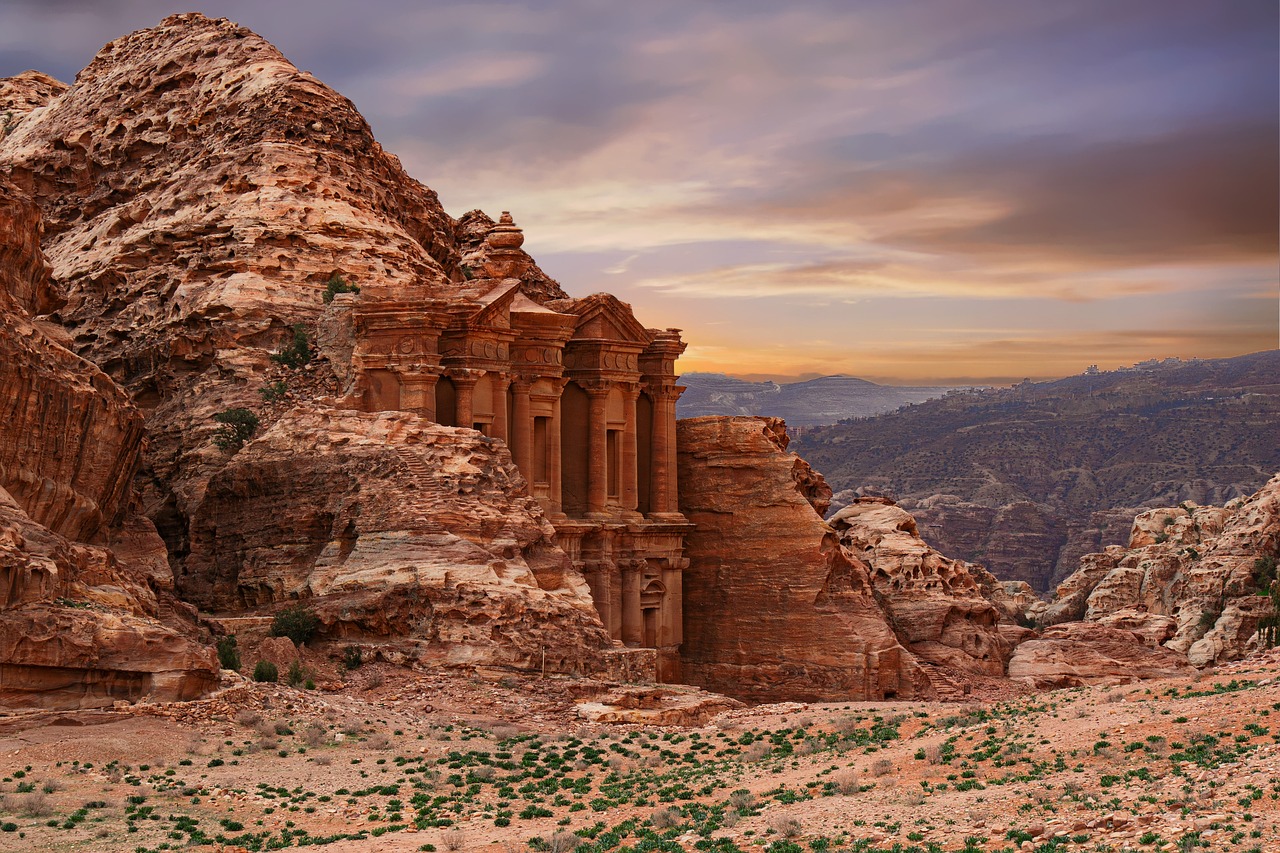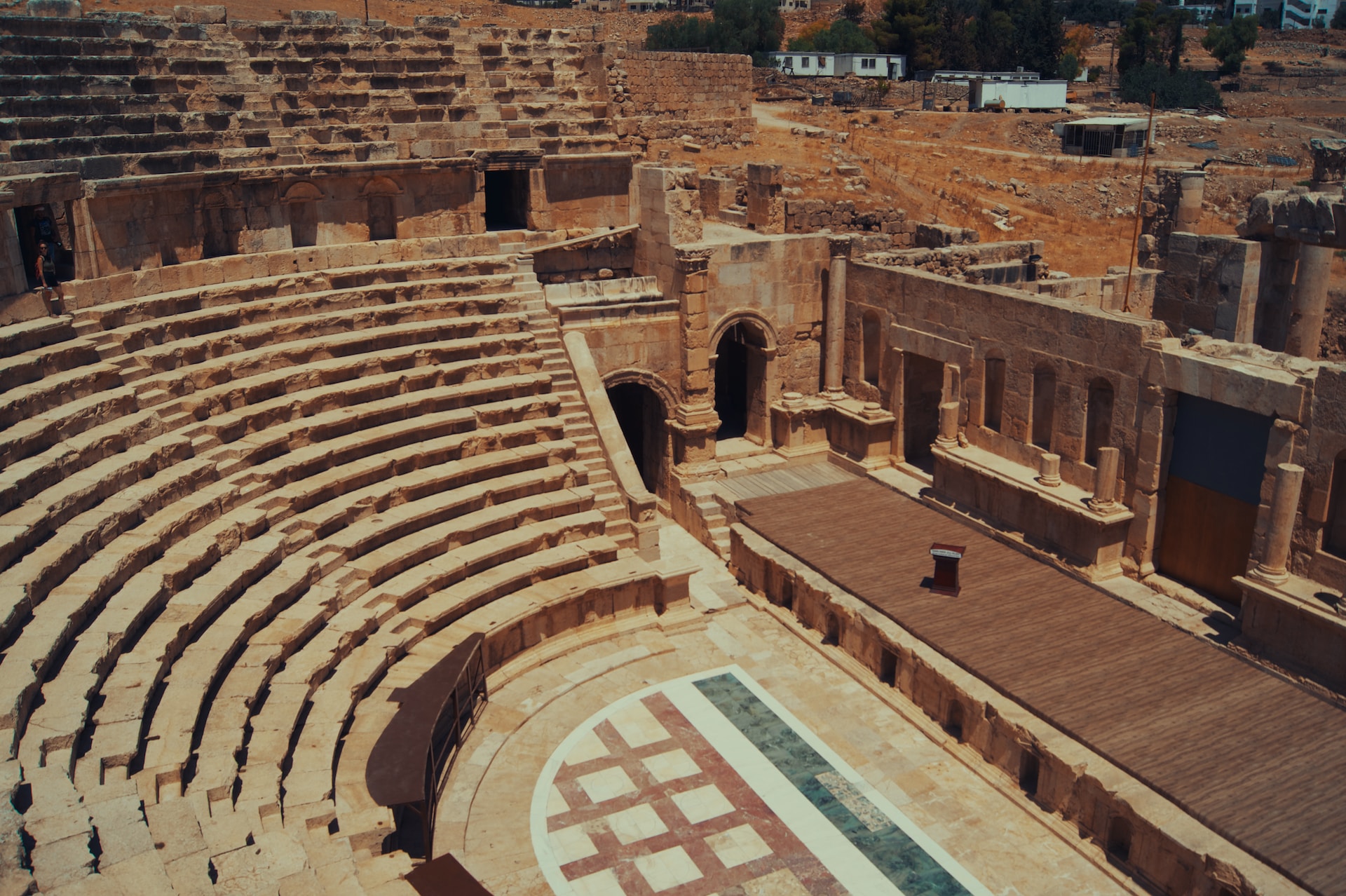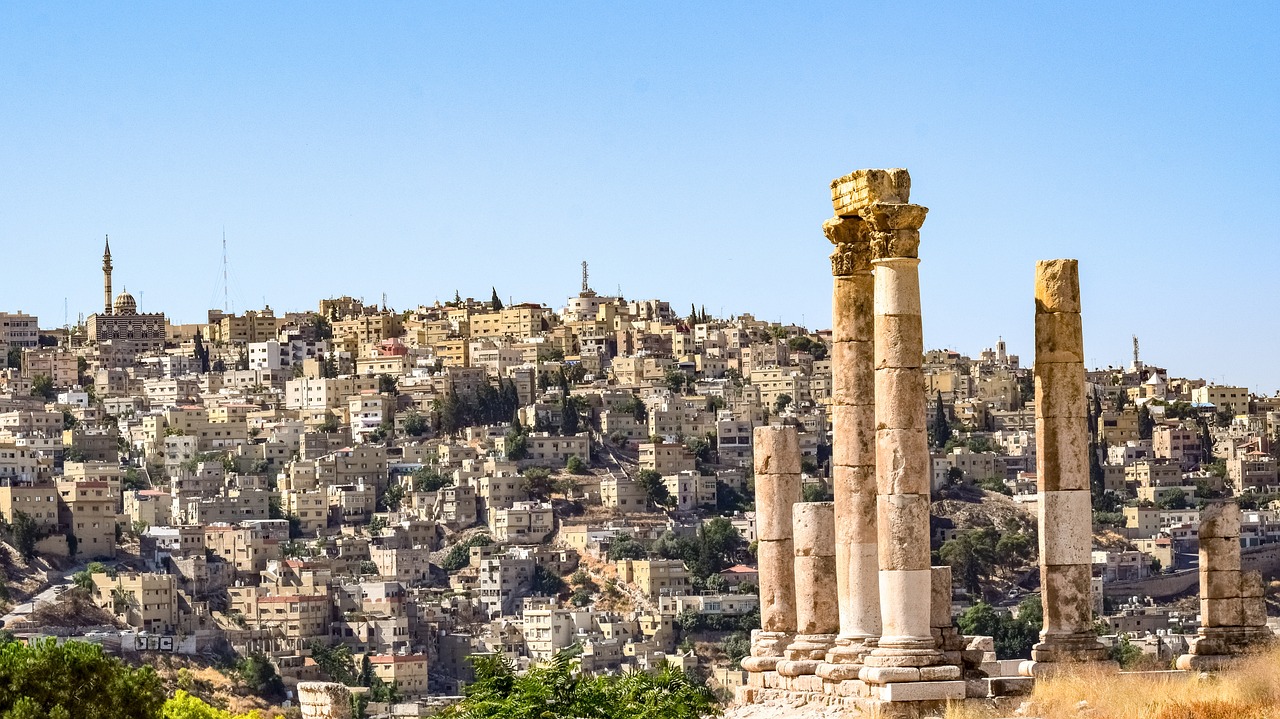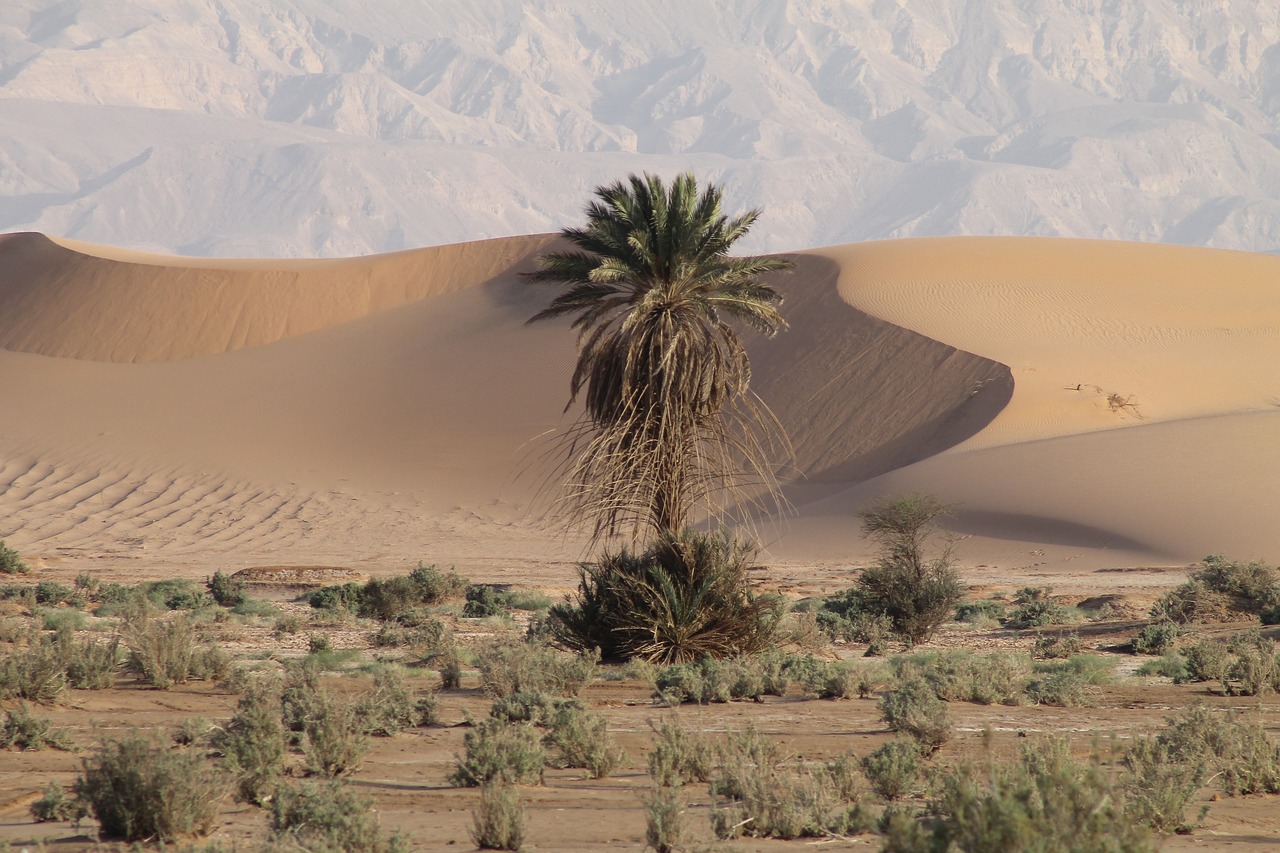Culture & Travel
3 October 2023We're discussing a nation that's managed to maintain its tranquility despite being surrounded by countries like Syria, Lebanon, Iraq, Saudi Arabia, Israel, and Palestine. Today, we find ourselves in Jordan, a country roughly the size of the Aegean Region, boasting a civilization nestled in the heart of the Middle East. What sets this nation apart as more than just a travel destination is its historical and cultural wealth. Ancient cities such as Petra and Jerash, the Dead Sea, the Gulf of Aqaba, and much more await us here – all without the hassle of obtaining a visa. So, let's dive into our content without further ado. We hope you enjoy your reading.

Jordan's Cultural Treasure
Jordan is a land intertwined with a captivating and profound history. This enigmatic land serves as the epicenter of a mesmerizing cultural treasure, bearing the most significant imprints of history. After all, the history of civilization began within these borders. This region, where historical figures like Alexander the Great and Saladin Ayyubi once trod, is both ancient and enchanting.
Particularly, the city of Petra, a name familiar to us all, holds such a mystical aura that some claim it to be the heart of Islam, while others even deem it the focal point of all religions. Petra, meaning "weeping city" in Arabic, was ingeniously constructed by the Nabataeans, a nomadic people hailing from the Arabian deserts. Yet, the mystery of how these nomads built such a magnificent city remains unsolved. Meanwhile, the Temple of El Hazne never compromises on its grandeur. Notably, it was built not from the ground up but seemingly from the heavens down, leaving every visitor spellbound.

Additionally, the ancient city of Jerash is impeccably preserved, almost as if the Romans were still using it, earning it a place alongside Pompeii.
Let's not forget Jordan's renowned Kerek Castle, either. This castle, which witnessed many pivotal battles, was constructed in the 1140s by the Crusader King Foulques of Jerusalem. Despite being besieged twice by Saladin Ayyubi, it remained impregnable. After the capture of Jerusalem by Muslims and the siege by Saladin's nephew, it transformed into an Islamic stronghold. This resilient fortress is colloquially known as the "Kerek of the Desert." Jordan has many more castles, cities, monuments, and treasures waiting to be explored. After all, Jordan's historical odyssey offers much more than what we've mentioned here.
Jordanian City Adventures
When we talk about Jordan, it would be unfair not to mention Amman. Amman, known as the city of cities in the Middle East, serves as the capital and largest city of Jordan. It's also one of the world's oldest cities, with a history spanning almost nine millennia. The city's roots trace back to the Ammonites in the 1300s BC, and over time, it has been known as Amman.

In 635 AD, the city was captured by Muslims, in 1516 by the Ottomans, and in 1921 by the British. The Hejaz Railroad played a pivotal role in elevating Amman's significance. Towards the end of the 19th century, during the Industrial Revolution, the Ottoman Empire, aiming to strengthen its hold on the Middle East, constructed the Hejaz Railroad connecting Damascus and Medina, with the line passing through Amman. The British officer Lawrence's persistent sabotage efforts caused disruptions in the railroad's operations, leaving Ottoman trains stranded in the desert sands for years. However, in recent times, the Republic of Türkiye has restored these trains and the railroad, which had been abandoned in the desert sands for years. Now, you can enhance your exploration of Jordan with this train journey passing through Wadi Rum. We must also mention another remarkable Jordanian city, a bustling commercial hub blessed with 300 days of sunshine annually and some of the most beautiful waters in the Middle East – Aqaba. Since Aqaba was designated as a free zone, it has become a popular destination within the Arab region. Aqaba, which used to be the most significant trading city in the Middle East before the construction of the Hejaz Railway and the opening of the Suez Canal, still retains its legacy as a trade-oriented city. With its domes glistening under the radiant sun, Aqaba lives up to its promise to its visitors.

Jordan's Culinary Delights
Let's start with falafel, a Middle Eastern delight that's particularly magnificent when generously paired with tahini sauce. Falafel holds a special place in the cuisine of many countries, such as Lebanon and Oman, but it's one of the most commonly enjoyed dishes in Jordan. You can savor it within bread or on its own – just be sure to give it a try.

Another Middle Eastern classic is hummus, a dish that can be found in every city and on nearly every street in the Middle East, regardless of the mealtime; it's even a popular choice for breakfast here. Mansaf, a Bedouin specialty, stands as another national dish of Jordan. This traditional Jordanian dish consists of rice, almonds, and mutton and is a staple on Jordanian dining tables. Maklube, like mansaf, is a national dish unique to Jordan, rather than the entire Middle East. The name "Maklube" translates to "upside down," and it's a flavorful mix of rice and meat, generously garnished with nuts. Typically, it's served alongside a salad resembling our shepherd's salad.



